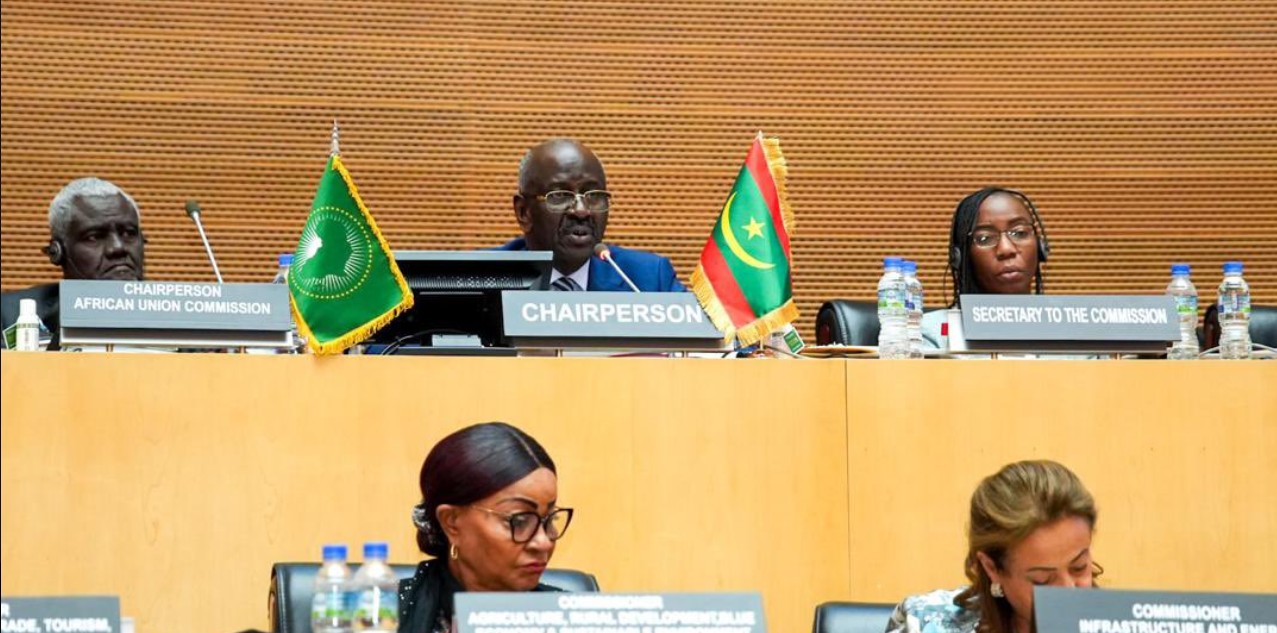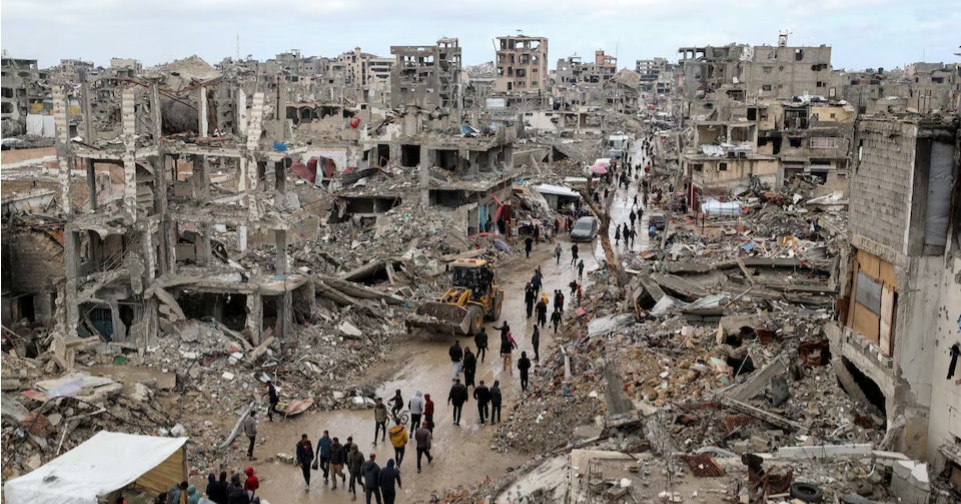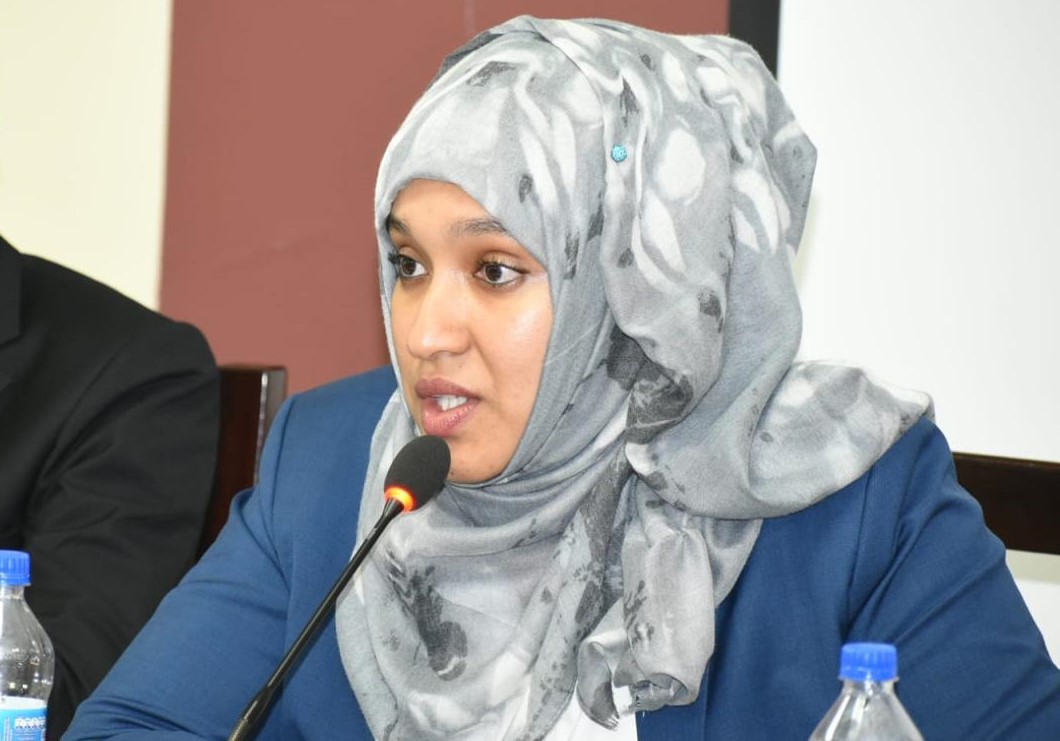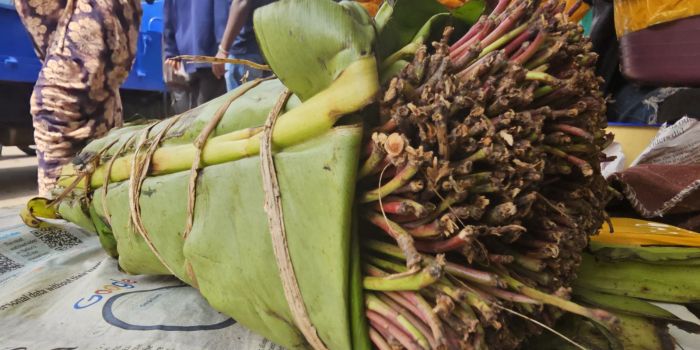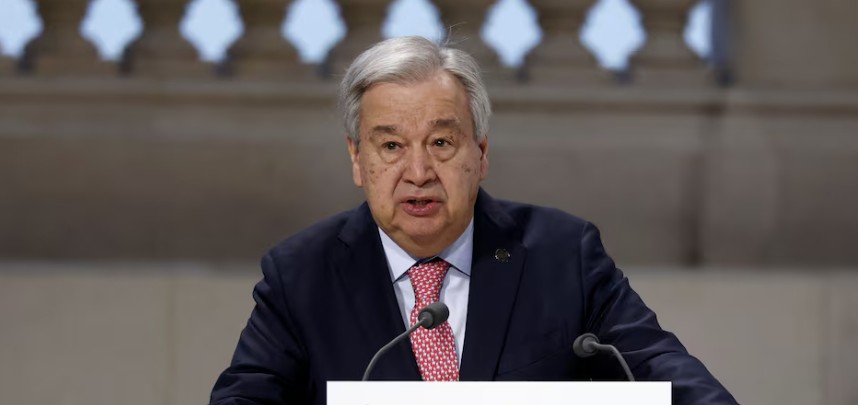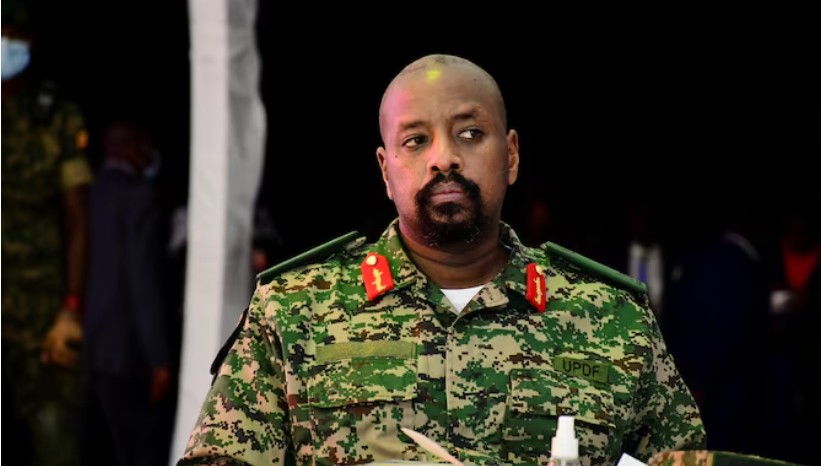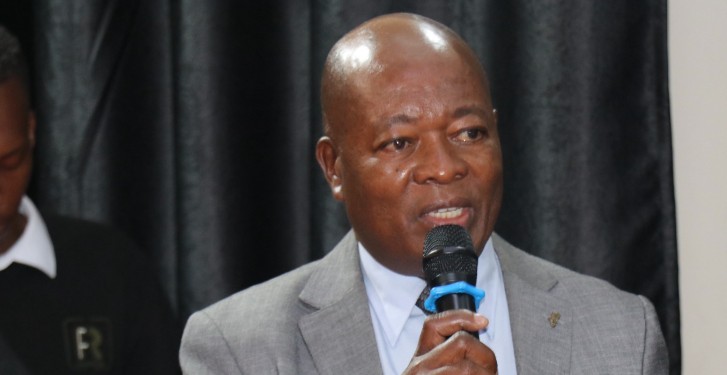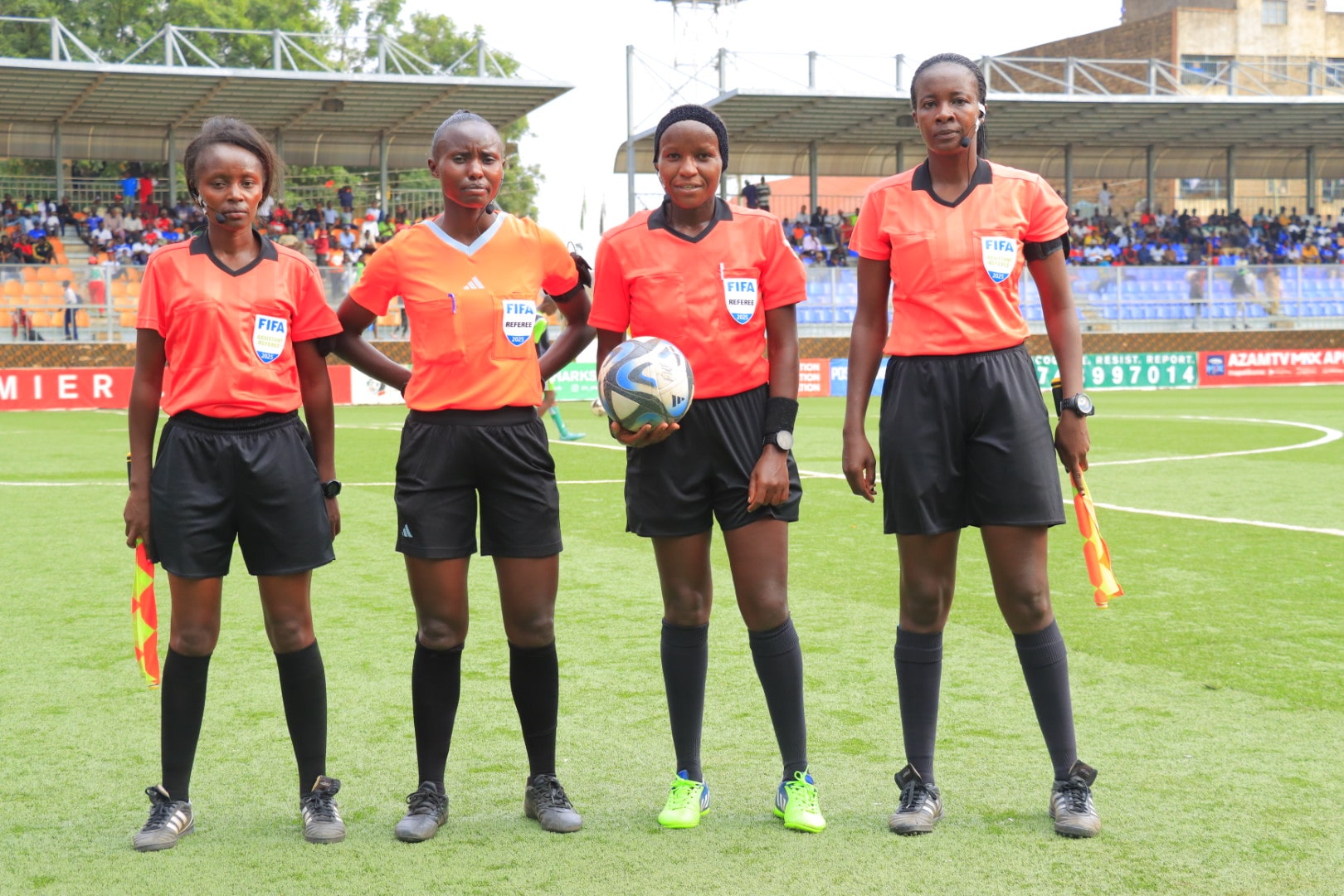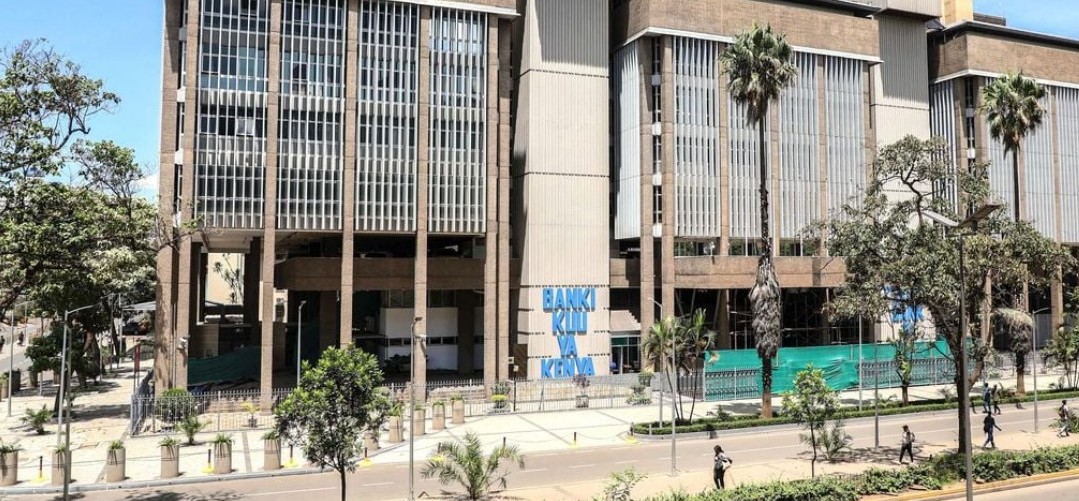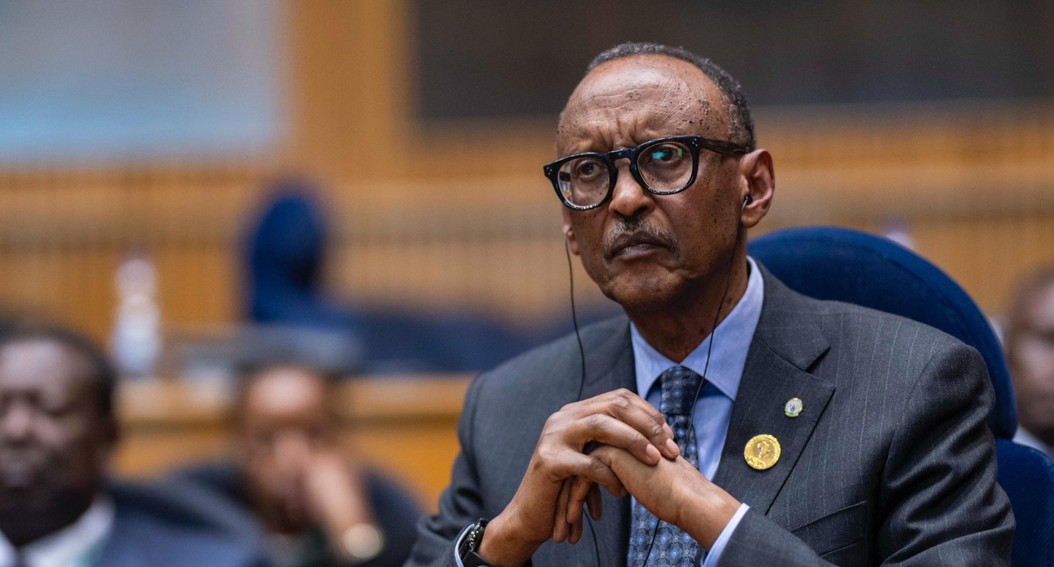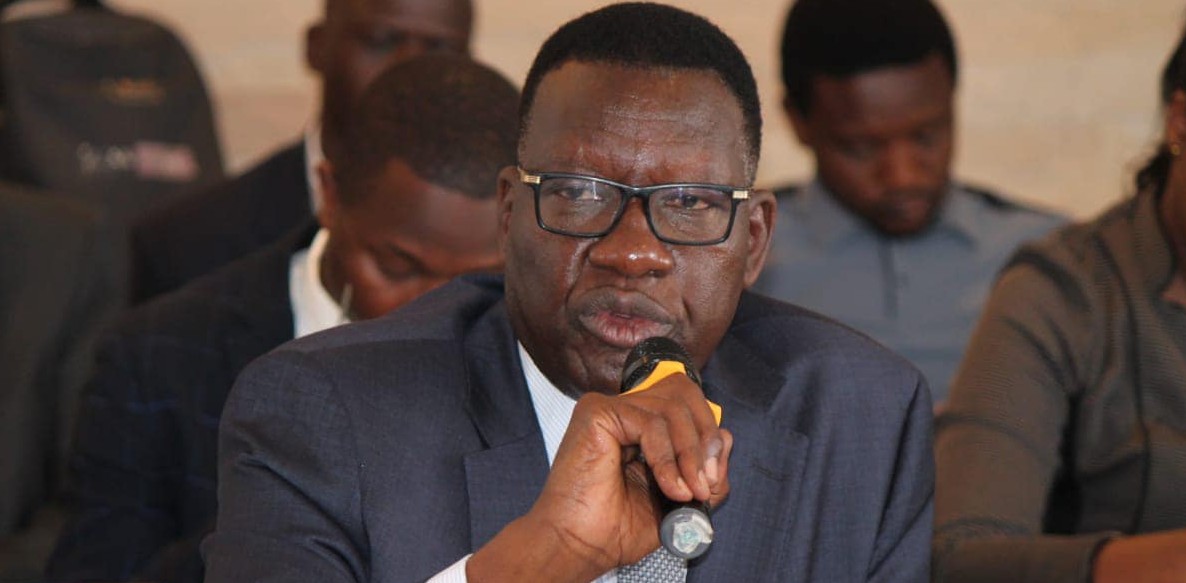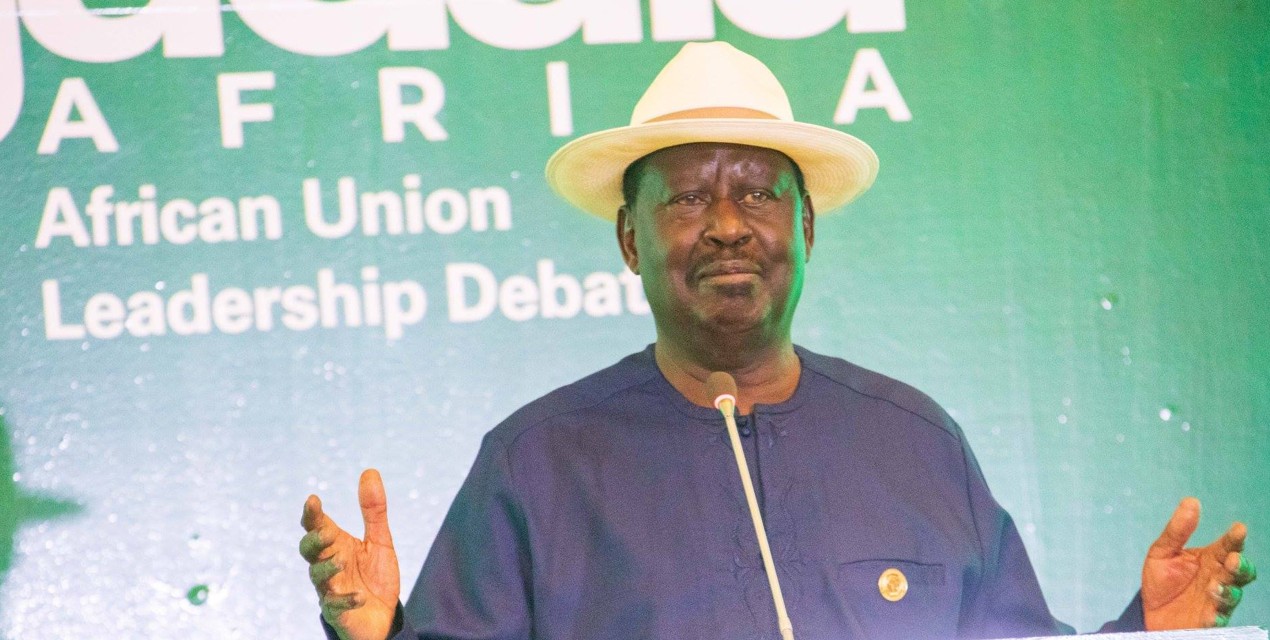Ruto says political crisis driving Sudan's war, urges shift to peaceful resolution
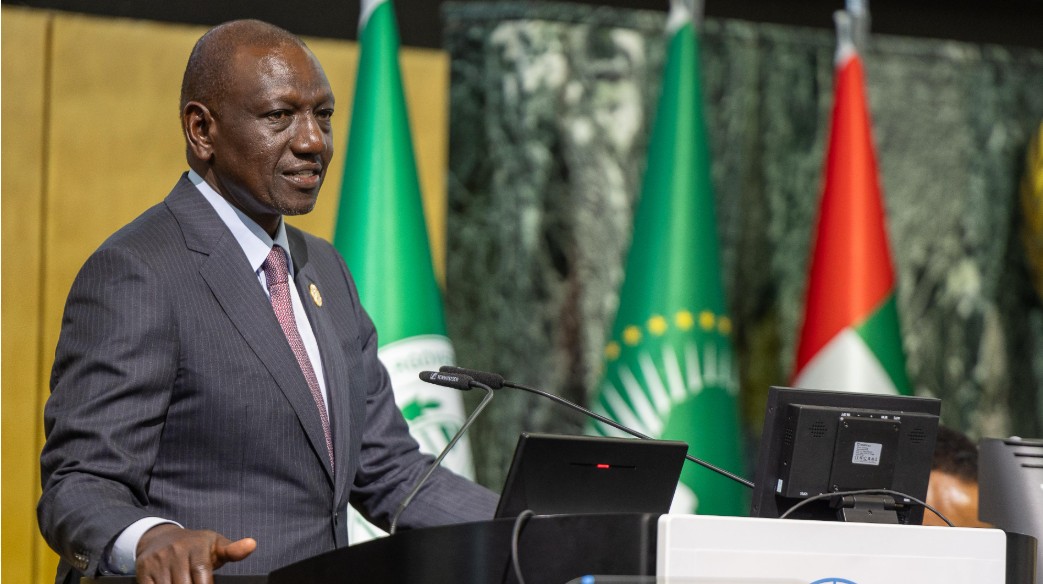
Kenya has been actively pushing for peace efforts, with Ruto reiterating that military solutions will not bring lasting stability.
President William Ruto has blamed Sudan's deepening war on a political crisis, calling for an urgent shift toward dialogue and negotiation.
Speaking at a high-level humanitarian conference on the sidelines of the African Union summit in Addis Ababa, Ethiopia, Ruto said the conflict, now in its 22nd month is not just a humanitarian emergency but a man-made disaster fuelled by political deadlock.
More To Read
"It is deeply regrettable that the dire humanitarian conditions in Sudan stem from a political crisis that has escalated into prolonged and senseless armed conflict," he said on Friday.
The war has devastated Sudan, reversing years of progress toward stability and food security.
Over 11 million people have been displaced, with more than half the population facing severe hunger. Neighbouring countries are also struggling under the strain of refugees fleeing the violence.
Kenya has been actively pushing for peace efforts, with Ruto reiterating that military solutions will not bring lasting stability.
"Kenya continues to urge the warring parties to recognize that military solutions, if any, do not bring sustainable peace," Ruto said, insisting on the need for genuine and inclusive political dialogue.
As part of its commitment to Sudan, Kenya has pledged $1 million (Sh129.35 million) in humanitarian aid, a promise Ruto reaffirmed at the conference.
"At the humanitarian pledging conference for Sudan held in Paris in April 2024, Kenya pledged 1 million US dollars to support humanitarian efforts in Sudan. I am pleased to reaffirm that Kenya will fulfil this pledge as our demonstration of support to the Sudanese people," Ruto stated.
President Ruto also called on external actors fuelling the war to stop actions that further endanger Sudan's stability.
"We urge all external actors supporting the warring parties to refrain from actions that further endanger the lives and future of the Sudanese people," he said.
Kenya, through the Intergovernmental Authority on Development (IGAD), has committed to facilitating a political settlement and providing humanitarian assistance.
"Only through collective commitment and decisive action can we help restore stability and hope for a peaceful future in Sudan," Ruto said.
Deeper turmoil
Sudan is facing one of its worst crises in modern history as conflict between the Sudanese Armed Forces (SAF) and the paramilitary Rapid Support Forces (RSF) continues to push the country into deeper turmoil.
The ongoing war, which erupted in April 2023, has led to mass displacement and severe humanitarian distress.
Humanitarian groups estimate that 11.3 million people have been forced from their homes, with communities struggling to survive due to conflict, climate change, and environmental disasters.
The war in Sudan has been termed the worst internal displacement crisis in the world, according to the UN's International Organisation for Migration (IOM).
The United Nations has warned that Sudan remains highly vulnerable, facing severe droughts, deadly floods, and escalating violence.
According to the Armed Conflict Location and Event Data Project (ACLED), more than 700 attacks on civilians were recorded between October and December 2024.
In December 2024, there were 199 incidents, following 217 in November and 288 in October.
Children face dire food shortages, with famine conditions confirmed in at least five areas.
The final months of 2024 saw the highest levels of violence in Sudan since the war began nearly two years ago, Save the Children has reported, with deadly attacks on civilians including children continuing into 2025.
The incidents included airstrikes, drone assaults, artillery shelling, armed clashes, child kidnappings, killings, and sexual violence.
This wave of brutality has persisted into 2025, with ACLED documenting 208 violent events in January, a 78 per cent increase from the same month last year.
Top Stories Today
